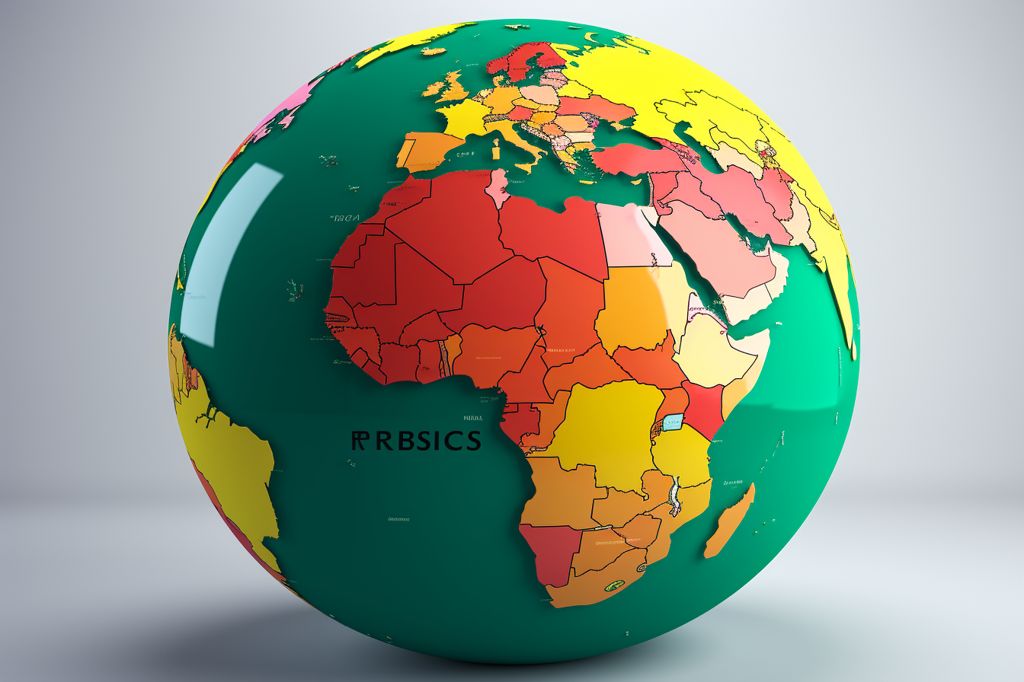The 15th BRICS Summit in Johannesburg marked a significant moment for Brazil, Russia, India, China, and South Africa. The summit’s outcomes have far-reaching implications for South Africa and its progress as a nation. Additionally, the investigation into the docking of the Russian vessel Lady R in Simonstown Naval Base has also impacted the country.
The BRICS Summit’s Impact on South Africa’s International Relations
South Africa hosted the summit successfully, highlighting the country’s ability to organize and host international gatherings. The summit was attended by representatives from 66 countries, including 20 heads of state and government and the United Nations Secretary-General. The summit’s key decisions included supporting the comprehensive reform of the United Nations, expanding BRICS membership, and promoting peace, stability, and development in Africa.
Through stronger ties with other countries, South Africa’s economy has grown, creating more opportunities for new businesses and reducing unemployment. South Africa’s participation in BRICS has helped advance Africa’s developmental agenda, particularly the African Continental Free Trade Area.
The Impact of the Lady R Vessel Docking Investigation
President Cyril Ramaphosa appointed an independent panel to investigate the docking of the Russian vessel Lady R in Simonstown Naval Base. The panel found no evidence to support the claim that the ship transported weapons from South Africa destined for Russia.
The panel recommended improvements to the functioning of the National Conventional Arms Control Committee, communication between Ministers and government officials, and relevant administrative processes.
The 15th BRICS Summit and the investigation into the Russian ship docking at Simonstown have shaped South Africa’s relations with the rest of the world. By pursuing a foreign policy that advances the interests of the country and its people, South Africa promotes human rights, peace, justice, and equal development across the globe.








